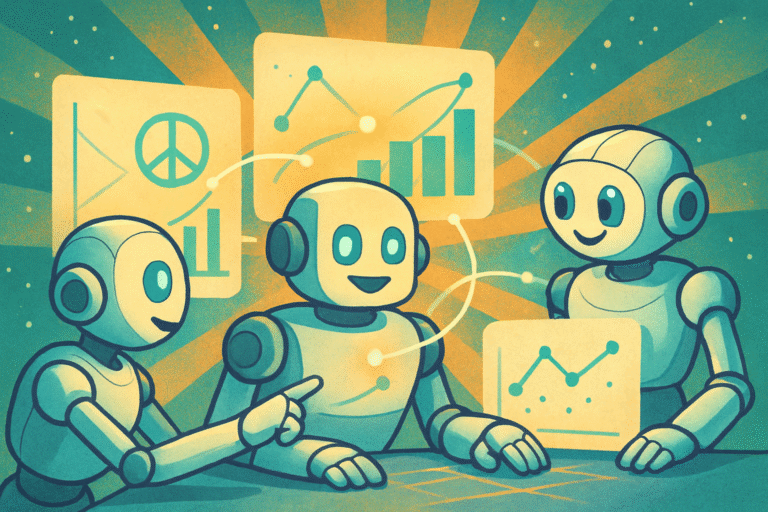Evolution is an inevitable force, guiding systems toward greater efficiency…
Evolution is an inevitable force, guiding systems toward greater efficiency and sustainability without the need for intentional effort. This natural progression applies not just to biology but to society, economy, and technology. The changes we’re seeing today, whether in energy, industry, or the environment, are the result of this quiet force, always moving us toward more productive, sustainable systems.
As technology advances, we’re seeing a shift where truth and efficiency naturally rise to the top. AI and blockchain, for example, make it increasingly difficult to manipulate facts or distort reality. As global data becomes more interconnected, the most accurate truths will guide decision-making, making it harder to ignore consequences and easier to align choices with long-term prosperity.
This shift is already beginning to even impact areas like war. With the ability to predict outcomes accurately, decisions around conflict become driven by data, not rhetoric e.g., the pre-AI understanding of Mutually Assured Destruction . Predicting inevitable losses or gains shifts the focus from fighting to finding sustainable solutions. As AI enables clearer insight into global systems, it encourages peace, not destruction.
Economically, the same principle applies. Money, like nature, gravitates toward sustainability. As it becomes smarter, it favors investments that are productive and efficient, not wasteful. Housing the world’s 8 billion people, for example, is not only a moral imperative but an economic opportunity. When people are housed, they become consumers, stimulating growth and creating a self-reinforcing cycle of prosperity.
The transition to renewable energy is a critical part of this evolution. The traditional oil industry must evolve, not vanish. Petroleum has long been a cornerstone of modern life, not only as an energy source but also as a key ingredient in plastics. However, plastics, while once seen as a miracle product, have become a global environmental and health crisis. They are not biodegradable, and their accumulation in both nature and human bodies, including the brain, poses grave risks. The industry’s future must focus on developing alternative materials—biodegradable compounds and innovative solutions that eliminate the need for petroleum-based plastics as well as capacity and economically Inadequate combustion of fossil fuels.
Water, however, remains the most valuable resource. Clean, potable water is foundational to life itself, and ensuring access to it is perhaps our greatest challenge. As the world’s water supply faces increasing threats from climate change and pollution, it must be integrated into our broader systems of progress, just as energy and sustainability are. Without clean water, no amount of technological advancement matters.
The interconnectedness of these challenges—energy, water, sustainability, and materials—requires a systemic approach. The solutions we seek are not isolated but part of a larger web of more profitable progress. By aligning our technological, economic, and environmental systems, we are naturally steering ourselves toward a more balanced, equitable future. This evolution is not just about survival, but about creating a world that works for everyone.
Again, Evolution is an inevitable force, guiding systems toward greater efficiency and sustainability without the need for intentional effort.






